The Ministry of Industry and Trade has completed the second draft of the Electricity Law (amended). On March 28, Minister of Industry and Trade Nguyen Hong Dien signed a document and sent it to ministries, branches, businesses... to collect comments on this draft.
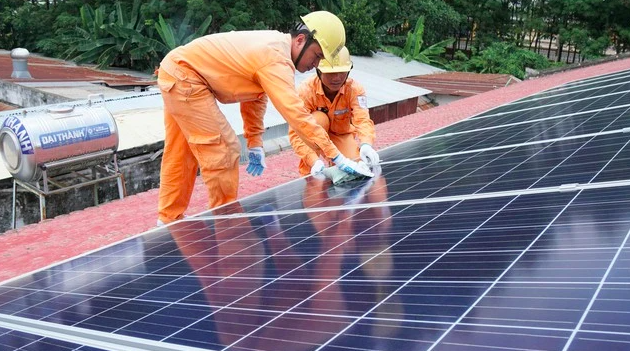
Self-produced and self-consumed electricity still has a price of 0 VND in the draft Electricity Law being developed by the Ministry of Industry and Trade.
Notably, in this draft, the Ministry of Industry and Trade includes the Red River Delta and the Southeast region as areas allowed to develop self-produced and self-consumed renewable energy.
Self-produced and self-consumed renewable energy projects with capacity included in the national power development plan or the national power development plan implementation plan and linked to the national power system are entitled to generate or not generate surplus electricity if any.
Notably, the second draft of the Electricity Law (amended) still maintains the provision that in case organizations and individuals choose to generate surplus electricity into the national power system, the State will record that electricity output at a price of 0 VND.
Proposal to change retail electricity price list
The Ministry of Industry and Trade also encourages organizations and individuals to combine self-produced and self-consumed renewable energy with investment, installation and operation of electricity storage systems to be proactive in production and business activities and ensure stability of the power system.
Self-produced and self-consumed electricity sent to the grid at a price of 0 VND is also an issue that many experts and businesses have been concerned about recently, and they believe that this is a policy that goes against the policy of encouraging the development of renewable energy.
According to experts, people and businesses now have a great need to install solar power to proactively control part of their energy, especially to switch to using green energy and clean energy in production.
But when they have excess output to the national grid at a price of 0 VND, it will not encourage investment resources to participate in exploiting and developing clean energy sources.
Many experts also proposed amending regulations and studying a mechanism that would allow Vietnam Electricity Group (EVN) to negotiate to buy this excess electricity at a low price.
Previously, in December 2023, explaining the viewpoint of self-produced, self-consumed electricity at 0 VND, a representative of the Electricity and Renewable Energy Department (Ministry of Industry and Trade) expressed concern that if this electricity output is purchased, the optimal structure of the entire power system will be lost, which may affect energy security. In the case of massive installation, this excess electricity output will be pushed all the way to the system, and the grid will not be able to handle it.
Dr. Nguyen Huy Hoach (Vietnam Energy Association) said that the policy is to encourage self-production and self-consumption, but it is necessary to promote the mechanism of direct electricity purchase and sale through private lines to connect directly with each other, in order to prioritize the implementation of self-production and self-consumption electricity projects. With the scale of rooftop solar power directly connected to the low-voltage system, the capacity of 3 - 5 kV has almost no impact on the grid.
Dr. Nguyen Huy Hoach proposed that if the electricity output sent to the grid cannot be paid at a preferential price, it should be equal to 40-50% of the purchase price so that investors can recover their capital sooner, and cannot be left to waste. Not paying any money is unfair.
Source link






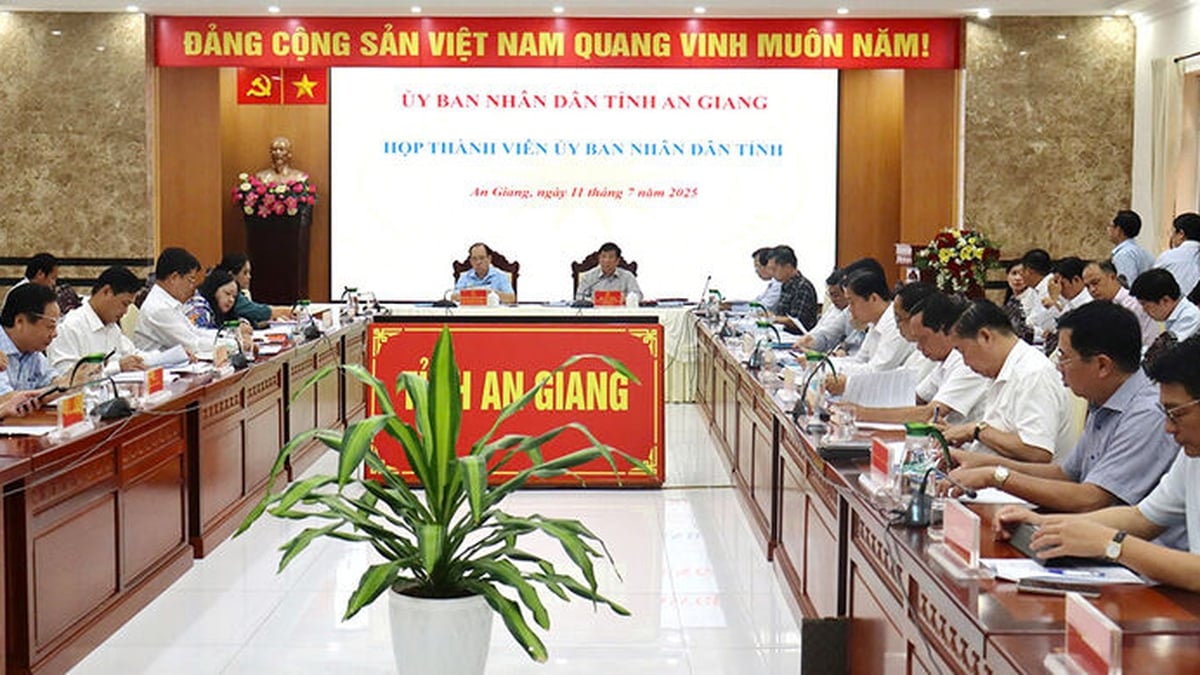

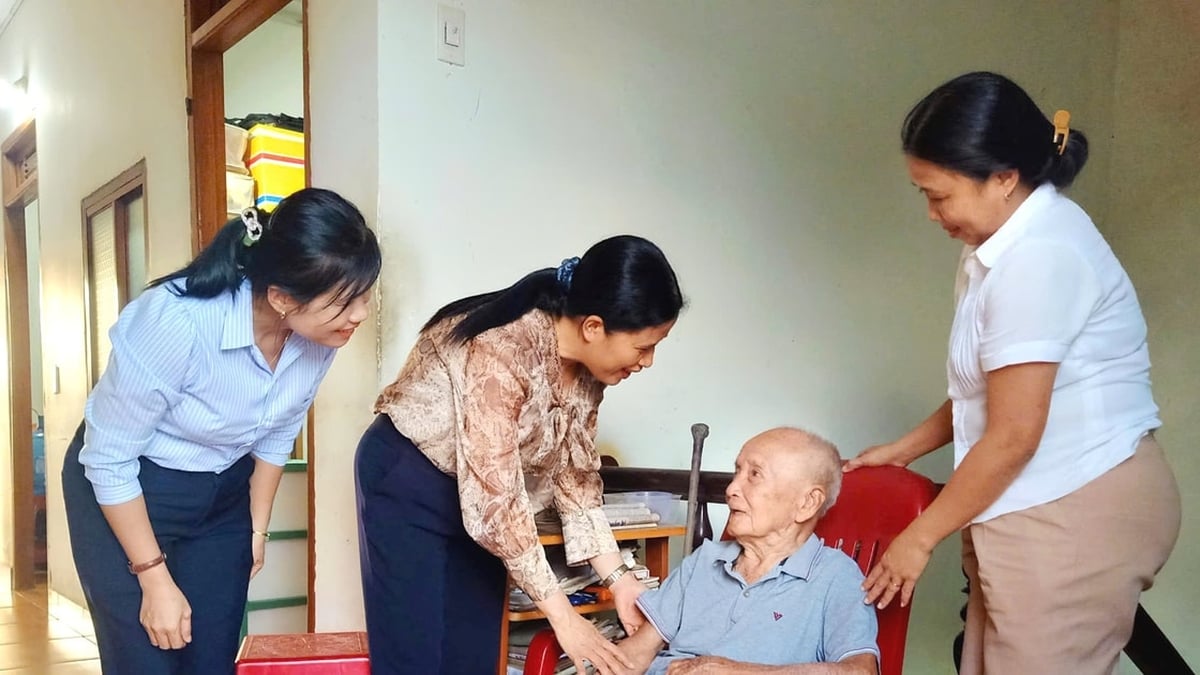

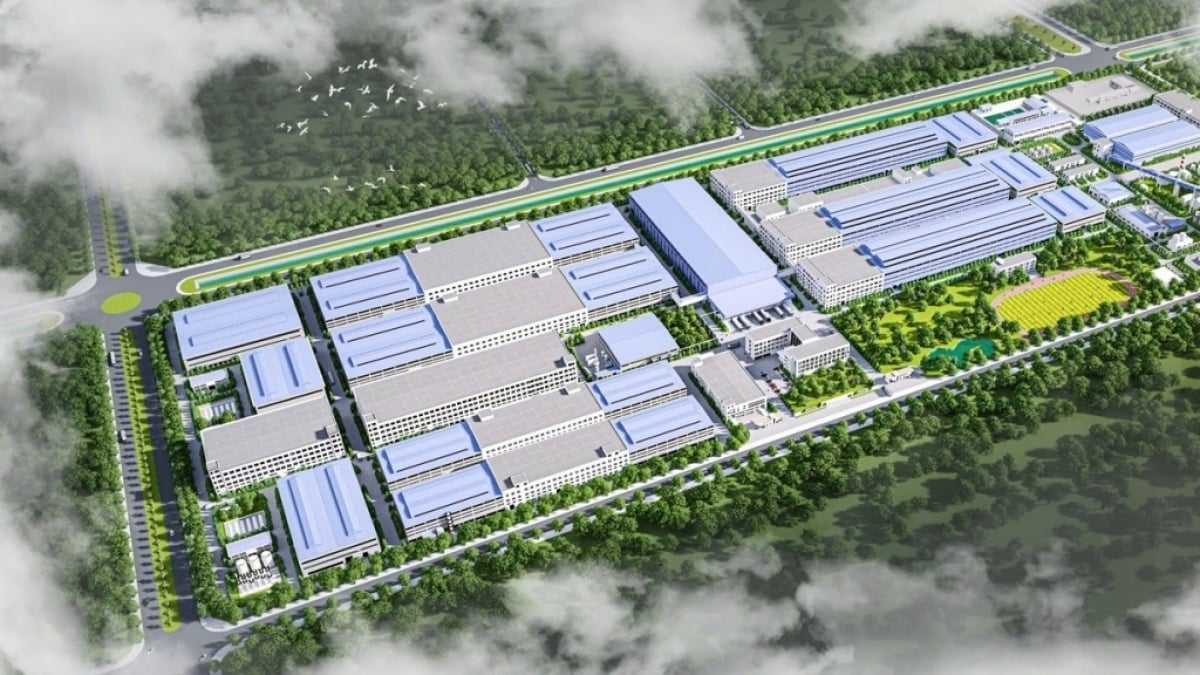













![[Photo] Gia Lai provincial leaders offer flowers at Uncle Ho's Monument with the ethnic groups of the Central Highlands](https://vphoto.vietnam.vn/thumb/1200x675/vietnam/resource/IMAGE/2025/7/9/196438801da24b3cb6158d0501984818)
















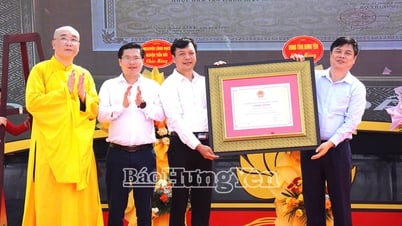
















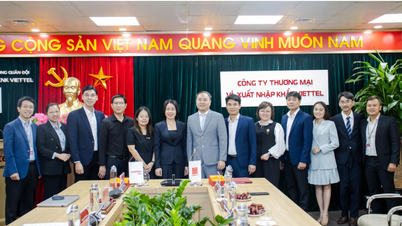











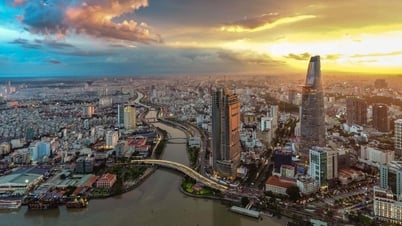


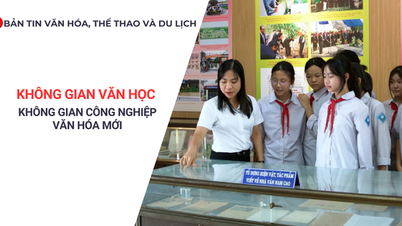


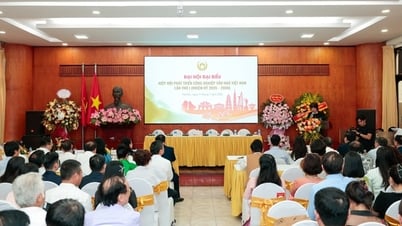

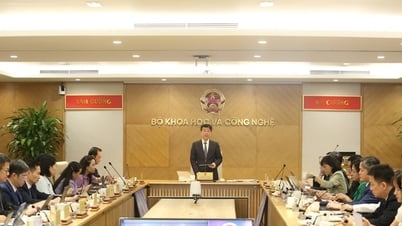















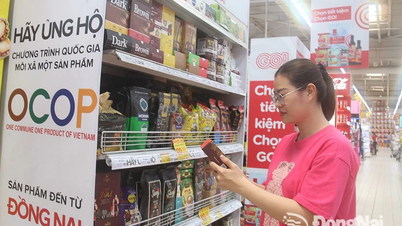








Comment (0)